If you click on a link and make a purchase we may receive a small commission. Read our editorial policy.
Tom King and Mitch Gerads talk about the Riddler's horrendous very good One Bad Day
The Mister Miracle and Strange Adventures creative team talk about the origin of their Batman graphic novel.

Not content with changing the world of Mister Miracle and ruining the reputation of Adam Strange, the award-winning team of Tom King and Mitch Gerads are turning their collective attention to one of the Dark Knight’s most iconic bad guys with next week’s Batman: One Bad Day - The Riddler #1.
The first in a series of graphic novels spotlighting Batman’s rogues gallery – other volumes will feature Bane, Catwoman, Ra’s al Ghul, and more familiar, scary, faces – One Bad Day - The Riddler shows Edward Nygma at his deadliest, his cruelest, and arguably his best… much to the frustration of the Gotham City Police Department and the Caped Crusader himself. If you’ve ever thought to yourself that the Riddler is little more than an erstatz Joker, this is the book that’s going to change your mind.
Ahead of the book’s release, Popverse spoke to King and Gerads about its creation, the pressure King and Gerads both felt to get it right, and just what the story’s title actually means.
Mitch, you've said before that this is your dream book; are you the one responsible for this project? Have you always been saying, 'The Riddler The Riddler The Riddler, I want to really creep you out with a Riddler story'?
Mitch Gerads: Definitely. You can go back to any interview I've done since I was notoriable enough to get interviews, and I was saying that my dream book is a really smart, Riddler/Batman book. And Tom has known that. That's what I've told him every time Tom has ever asked me what do you want to do next.
Tom King: Like I ever listen to you! [Laughs]
Gerads: I was going to say, usually it's received by a lot of eye rolling and like 'We'll never get to do that, blah blah' –
King: "You know what Brother Power The Geek is? He could be sad! He's a sad hippie! I'm already halfway there!" [Laughs]
Gerads: I think it might have just been kismet how the two things aligned, though. I don't think my wanting [to do] a Riddler book made it happen. We got the opportunity out of nowhere, and we jumped on it.
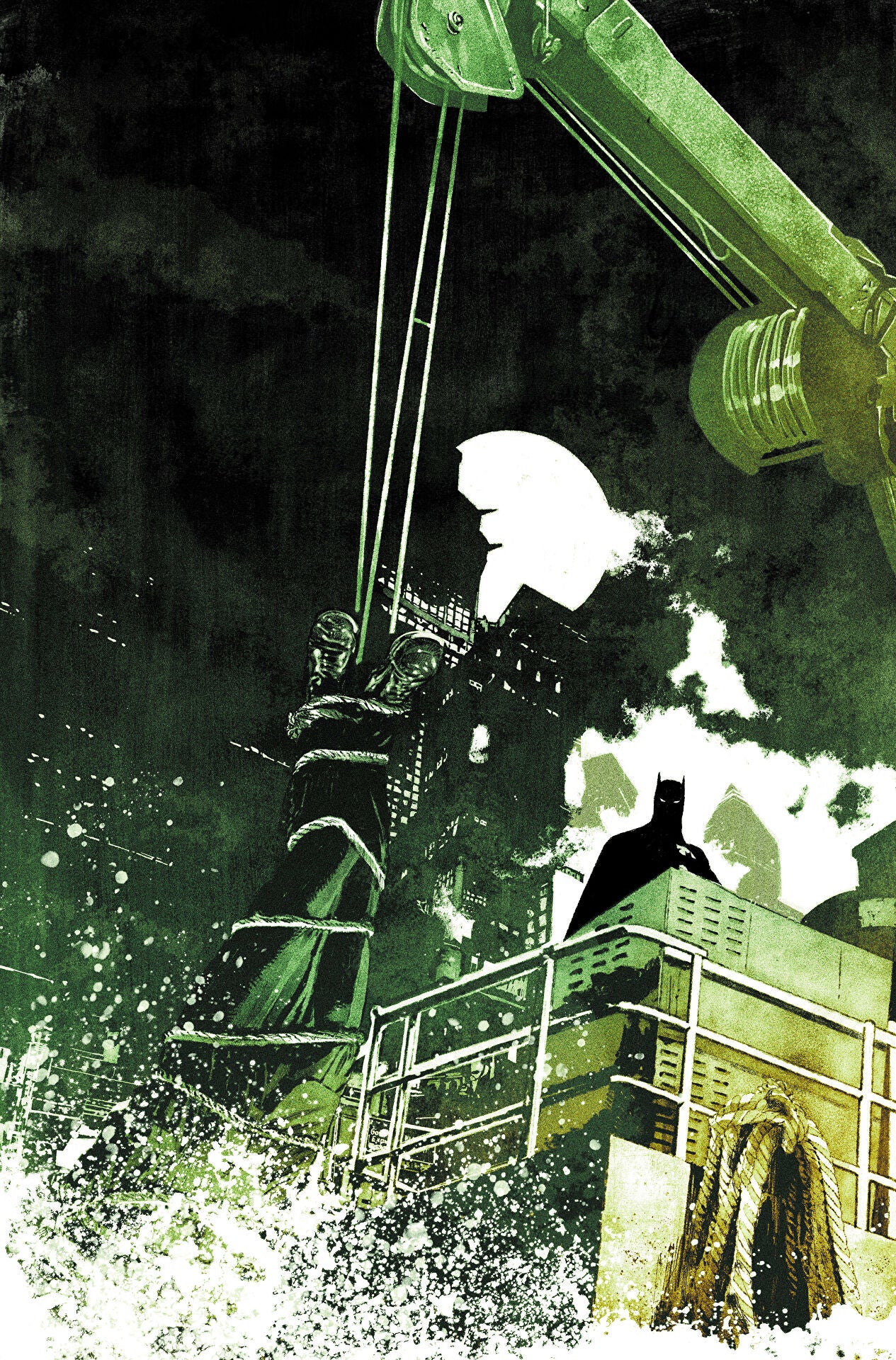
King: I'm trying to remember – I know it happened while I was at a lake house hiding from the plague in a very Decameron-esque sort of situation. Mitch and I had just done very two very obscure characters, Mister Miracle and Adam Strange, and we were sort of looking for our next thing. I think a lot of people were pushing for us to do some sort of mainstream stuff. Mitch and I have done a lot of Batman together – well, maybe not a lot, but a significant amount of Batman together, including a Black & White, which we both really loved.
Gerads: Well, even the non Batman stuff, we put him in there.
King: Yeah, you can always sprinkle a little Batman on there. He's the Allspice of comics! [Laughs]
I think we were looking to zig instead of zag. Everyone expected us to do some other obscure thing, and we were looking to do something a little more mainstream. I talked to the Batman editor about something else, and he was like, 'We're thinking of doing this thing…'
It was originally called the Killing Year. 'Let's do the Killing Joke for more than just the Joker,' is a super easy pitch that everyone immediately understands exactly what you're looking for, you know? So I was talking to him about that, and I said, well, Mitch has always wanted to do a Riddler story, has someone called The Riddler? If you guys want to do sort of a Killing Joke for the Riddler, I think I could talk Mitch into doing that. [Both laugh]
So this has been some time coming…
King: I mean, this is an undertaking. This isn't like we just decided to throw an issue together. It took me much longer to write it than I thought it would. It's not one issue, this is a 64-page graphic novel! It feels like it's taken as much effort as it took to put Mister Miracle out.
Gerads: For sure! It's 64 pages, which is the longest single thing I've ever done. I've done 12 issue books all the time, and this is essentially just three issues, but it feels like it's taking me just as long as Mister Miracle did, Strange Adventures did, or anything.
It feels like it has the weight of a 12 issue series in one sitting, if that makes sense. I really did finish and was, like, disquieted. I felt disturbed by it!
Gerads: [Laughs] We said that we want to do something more mainstream, and I think we did the least mainstream thing we ever made!
I get The Killing Joke reference, because it feels like this does exactly for the Riddler what that book did for the Joker. Was that the idea, that you go in and create something that would just permanently change how people are gonna see this character?
King: Absolutely. I have very few distinct memories where my brother and I weren't fighting – I have an older brother who's four years older than me – but one of the few memories of us not fighting was him coming home with The Killing Joke. I was probably 10, so he was 14, and he acted like he had sort of snuck porn out of a bookstore. It was right when Batman 89 had come out, and Batman 66 was still in the air, and he's, he's like, 'No, no, no, no, no, no, this is who the Joker is. You know, it's not Jack Nicholson. He's the worst human being that's ever lived.'
He kept it in his room and I had to sneak in his room the way younger brothers have snuck into older brothers rooms to see adult content since time immemorial. I remember sneaking in his room when he wasn't there, taking his copy from their side of his bed, and just being like, 'Oh my God.' I know that that book is not as modern as it should be, but at the time, it was an utter kick in the balls where I was like, oh, comics are not "Next Bat-Time, Next Bat-Channel"! The Joker is an existential threat, not just to Batman, but to my own psyche. And yeah, so that was what we wanted to do to the Riddler, was to get that feeling.
Mitch, what you're doing in this book feels like the next level from what you've been doing with Mister Miracle and Strange Adventures. It feels like you're really playing with things that you haven't played with before.
Gerads: I kind of went on this rant on Twitter [recently], where I just had to get something out of my brain, because it's not marketing hyperbole when I say it's like my dream book. This is exactly everything I've ever wanted to do, since I knew I could ever touch these characters. You know, when you have these dream books, it's not like, 'Oh, I know exactly what I'm going to do.' It's this nebulous concept of, 'I want to do a super intense Riddler book, but I have no sense of what that story would be,' and Tom delivered in spades.
Usually when you do a Batman issue of the main run, you get to do a lot of cool Batman stuff, but there's constraints depending on the story: 'Oh, I can't really do that thing with Batman, I've got to make it match previous issues.' With this, I went back to the roots of everyone involved – of Riddler, Batman, Gordon, everyone that I wanted to use in the book. I remember at the start, I told Tom that there's all these tendencies to throw in 20 characters in all these Bat books, and I was like, no, I want this to be like an old animated series episode. It's Batman, it's Riddler, it's Gordon; that's it. And that's basically what we did.
I just got this opportunity to do exactly what I picture when I think of a Riddler/Batman/Gordon book. And so I draw Batman exactly how I want to draw him, without any constraints. Like you notice, when he's Batman, I do a thing where you almost never see his skin tone. He's always just this walking evil shadow. Riddler, I took all these inspirations – the animated series is the thing that I think everyone grabs on to, and he's very kind of... goofy pretty boy in the mainstream books, which I've never been a fan of –
King: I really don't like the mutton chop [look]. My one request visually is that we don't have –
Gerads: Well, I got rid of the mutton.
What's the collaboration like between the two of you now? It feels as if the two of you are consistently refining how you work together, and this book in particular feels like, Tom, you're giving Mitch more space in terms of handling the story.
King: This seems like it's even closer than it's ever been in terms of collaboration. I mean, we talk every single day, 24 hours a day and Mitch, Doc [Shaner], Clay [Mann] and I, we have a running thread, which never ends, which keep keeps me personally sane.
When I write for Mitch, it's different, because I'll be like, 'Mitch, I want to do three pages, where he's just running through the city. What do you want me to write for that?' [Laughs] I mean, we were literally texting this morning being, 'Hey, Mitch, do you want an SFX here? How does this look?' Mitch is also a graphic designer, which I am not at all, so he does all that stuff to double check it.
It's a lot closer than I work with any other artists. It's awesome. It's quite awesome. But I mean, there's just got to be at least three sequences in there where I was just like, Batman's running through the city, and then you did all the work. I put some running monologue, later -- this is a very talky book, it's a very lettering heavy [book]. My Batman, the 85 issue [run] -- there's no inner monologue. I took that out, so it lacks a lot of words in it. And this has a lot of words in it. I wanted to make sure that Mitch had something to draw, besides people talking back and forth.
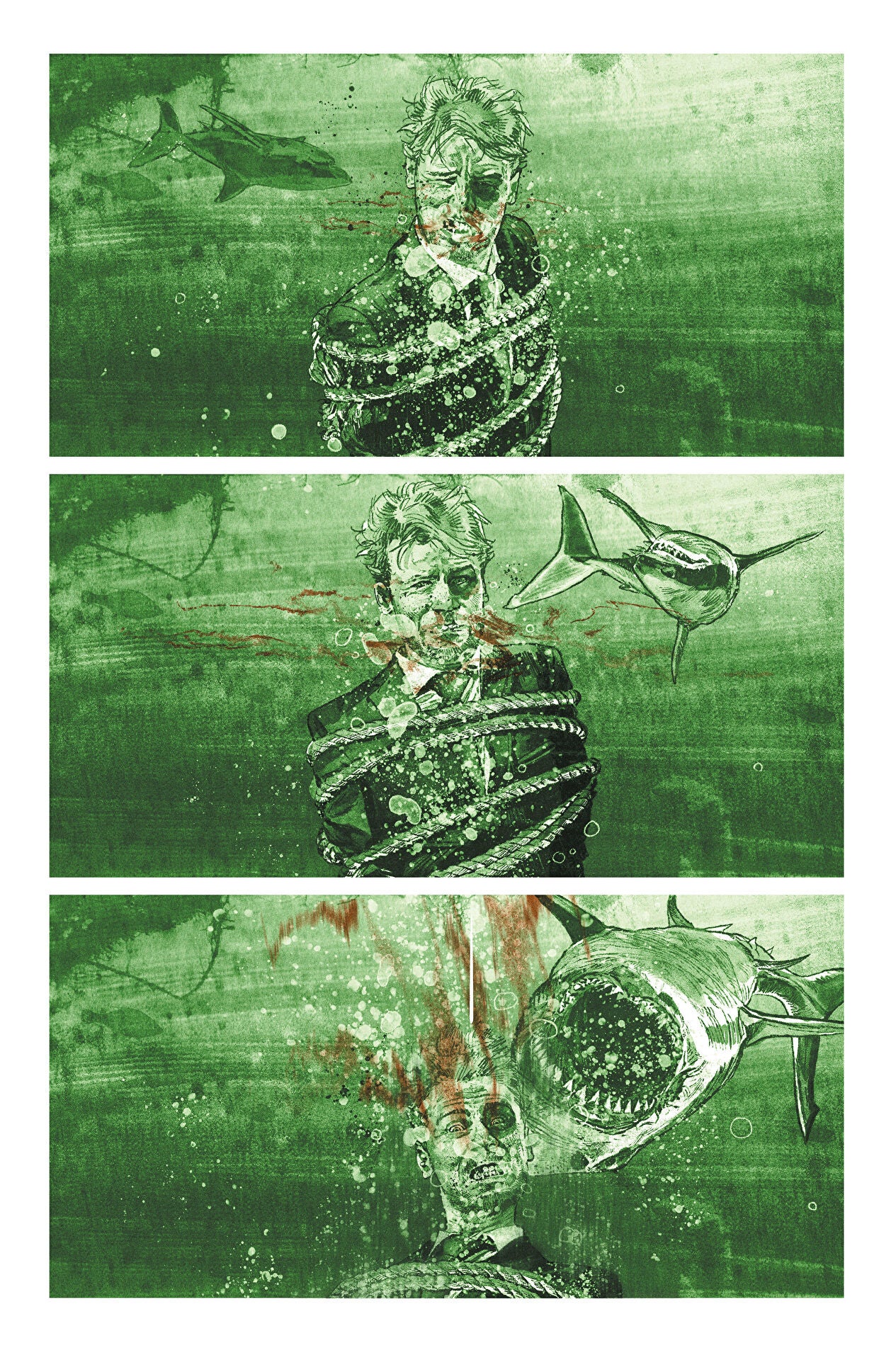
Gerads: I was telling Tom yesterday that I love that it's this 64-page book. It feels bigger, fuller. and I love the idea of doing a one-shot big graphic novel, that takes you time to get through and that you feel, 'My $8 that I just laid down got me a book, not like 20 minutes of reading, but a meaty sandwich of a book.'
King: I remember, I apologize to you immediately because I realized, wait, Batman doesn't appear for the first 20 pages. He's like, 'I can't wait to draw Batman.' And I'm reading through and I was like, 'wow, I don't think he appears until page 20.' [Both laugh]
The worst and best part of working with Mitch is – for this book, I got to the end, and the ending really wasn't working for me. I needed to move some pages around, and get more pages to add to for some stuff, and I was like, I have to turn all of these four and five panel pages into nine panel pages. On the one hand, I know that it's gonna look beautiful, and nobody's gonna do it better in the entire world. On the other hand, I'm punishing my best friend, like, so it's like this double edged knife.
Gerads: To be fair, there's probably like three or four, nine panel pages in this book that were not nine panel pages in the script, and I made them nine panel pages.
King: It's all your fault. [Laughs]
It felt like, with Strange Adventures, you guys were very aware of, previously we've worked in this nine panel grid, and now we're moving away from it. One of the things about this is, it felt like both of you were not necessarily unaware of that, but you're going where the story needed to go. You weren't locked into any idea of, 'this is what the comic has to be.'
Gerads: Yeah, and that's something I told Tom when we were first throwing the ideas around of what this possibly could be.
You know, Mister Miracle was very strict, nine panel pages every page except for the times when it needed to be [a splash] for story reasons. And then, Strange Adventures was a three panel structure, and so when we got to this, I said, I still like to do all those things, but let's not make it a rule. So we got to play around with some things more. When I work with Tom, I still keep everything very structured. I have these rules, because I feel like that's how Tom and I work best, and if I break that, it kind of changes how Tom and I work well together. I like being able to manipulate time throughout the page.
King: Which makes it creepy and slow, and it works for this book.
You both seem like you’re really pushing your boundaries and having fun making the book.
Gerads:I've been working on this thing so hard. And for so long, with so little sleep, but goddammit, every panel is a frickin joy to work on. I mean, you get to draw Batman and the Riddler and Gordon, and get to do in this crazy cool, green yellow color palette that no other editor would ever let you do. It's been a blast.
Originally, I was going to color it a different way where it was going to be just like our Batman Black & White issue, except for green spot color, and I turned that in and I was very into it – and DC was like, 'I don't know.' And then, as soon as I started doing the new thing, I was, 'Oh, thank God they told me to change it, because now I'm excited.' Before, I was just kind of working on the colors, now I'm building atmosphere and doing all this fun stuff.
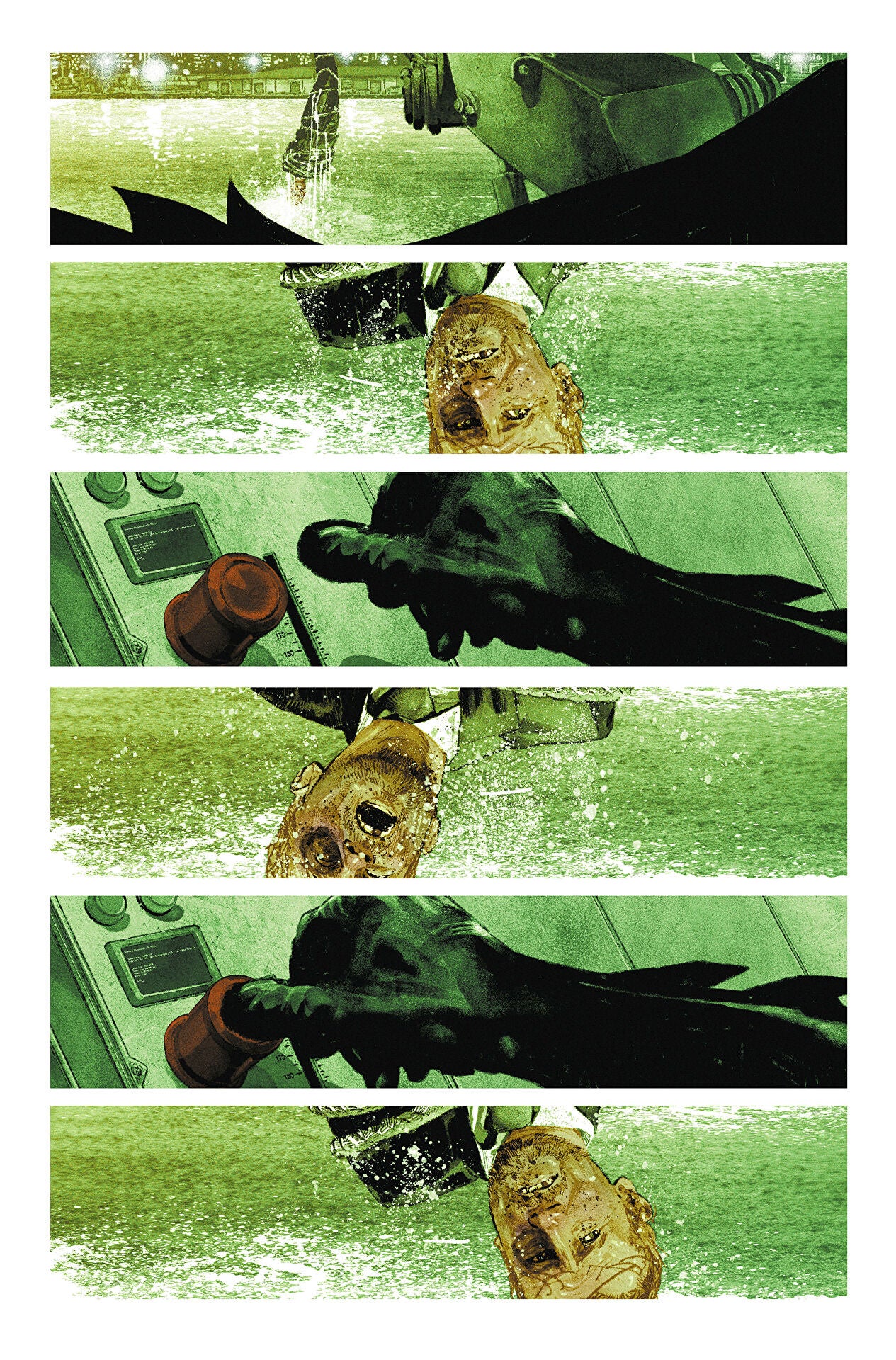
King: It's hard. I had a blast writing it, but it was one of those things. I mean, some things don't take work, and this took a lot of work for both of us. It felt like the stakes were very high in terms of what we were doing, and the potential for what we could do. It's not a comic where you can just be like, 'Okay, that panel doesn't work but forget it, there's another one coming out next week.' Maybe because of Mitch's art coming in, but I couldn't get that attitude about this comic. I just felt suddenly perfectionist about it, which is a hard thing to do because it drives you insane.
But yeah, it was a joy. It was a super fun challenge. It really is hard because [the Riddler] has the worst origin of any comic character. It's so bizarre for a character that's been around for, whatever, 60 years: he has a few different origin stories, and none of them are great. His established [canonical] one is literally he cheated on a test and got caught, so [he] became the Riddler, which doesn't even make sense. The Joker fell into a vat of chemicals while being chased by Batman, and Bane was stuck in an evil prison and, you know, Mr. Freeze has his wife he's trying to save. Riddler's like, 'I did badly on a test. I guess I'll tell riddles.' It's awful. [Laughs] It was fun to ask, can I turn that into something wicked and cruel?
Gerads: I remember being at your house when we were first trying to figure out what to do. And we popped on the origin animated series episode, and he's just like a disgruntled video game dude, and we were both, 'We cannot do this.' [Laughs]
>King: Another problem in the very beginning was, every single Riddler top story is basically the same: the Riddler makes some big riddle, Batman solves it in a way Riddler didn't think he would, and then Batman wins in the end. There's just a formula for writing Riddler stories. So we had to abandon, to reshape his origin and abandon the cliches, and somehow make that story. It was a fun puzzle to solve in a very Riddler-esque way. So I guess I was kind of inside his head.
I don't want to say what next, because I don't want you to tell me, but it feels like there's clearly something that's going to follow this. I feel like all of your projects together are very cumulative. You can see the lessons you learn from Sheriff of Babylon in Mister Miracle, then the lessons from Mister Miracle in Strange Adventures, and then this pushes things further. Are you already thinking about what's going to come after it?
King: I mean, Mitch shocks me every time. I don't know how to say that. When I first met Mitch, he was the military guy but US military, and I put him through Sheriff of Babylon, which was like all these scenes with Iraqi civilians, and he was drawing the shit out of that. Then we did Mister Miracle, which was very superhero cosmic stuff and it's, 'Oh, so that's what he's good at,' and then we did Strange Adventures, where he was doing people on other planets. He can do anything. He's the most brilliant guy in comics, what do you want from me? He's very good.
It's not like when I'm looking for our next pitch I ask, 'What would Mitch be good at drawing?' There's nothing he would not be good at drawing! Mostly, I just want him to be passionate about it. That's my number one priority, because he's going to spend a lot more time with it than I do. He has to be passionate.
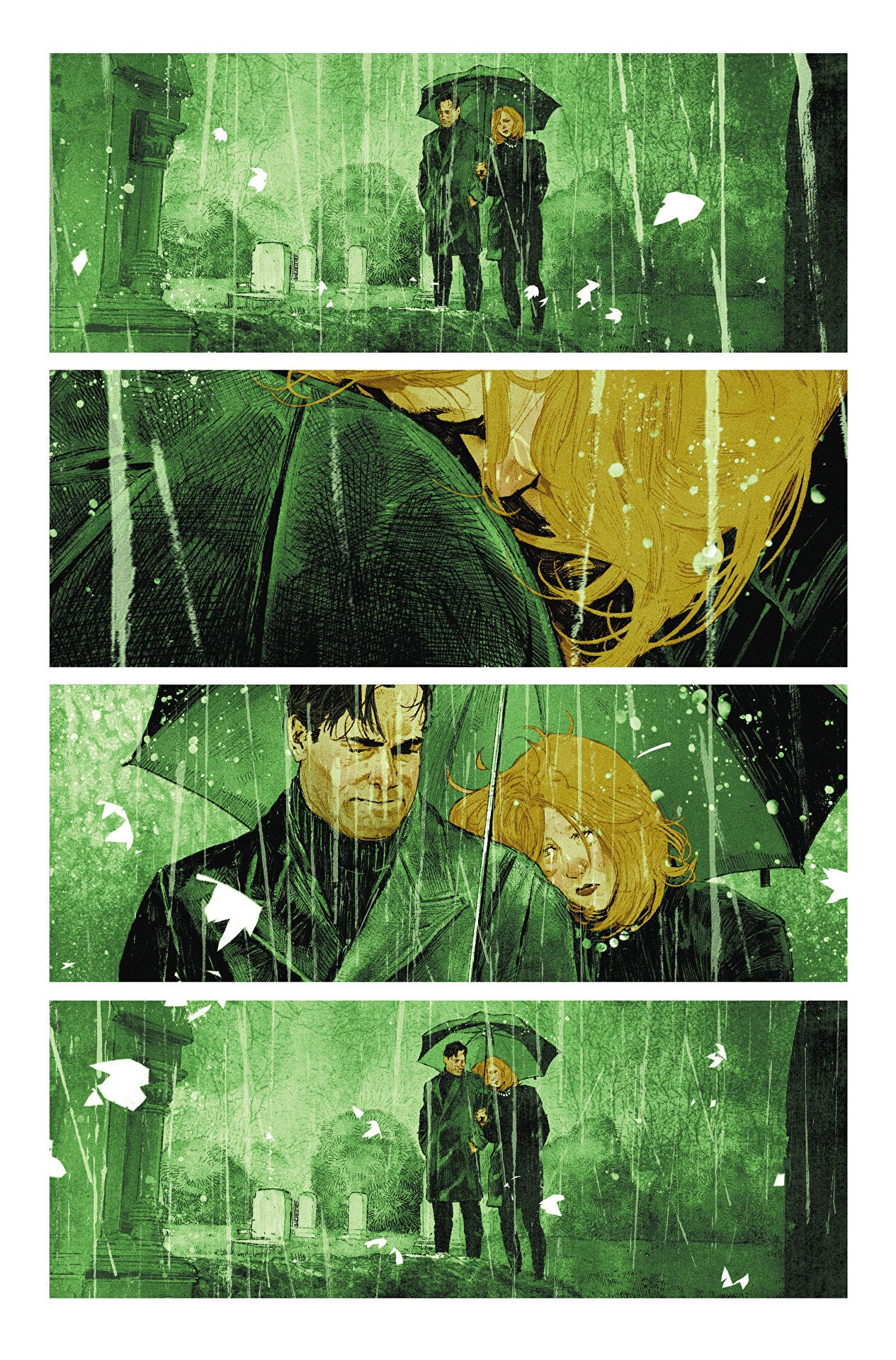
Follow Popverse for upcoming event coverage and news
Find out how we conduct our review by reading our review policy
Let Popverse be your tour guide through the wilderness of pop culture
Sign in and let us help you find your new favorite thing.


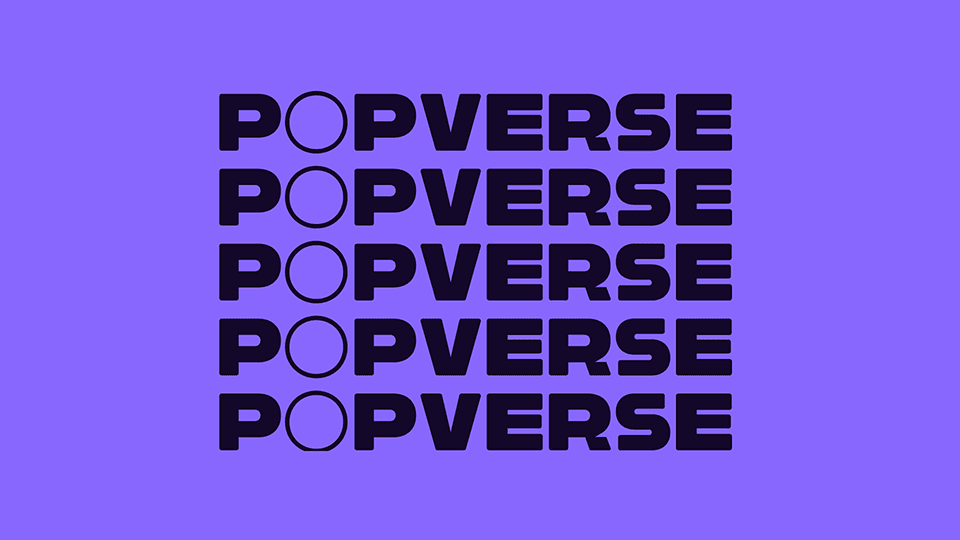


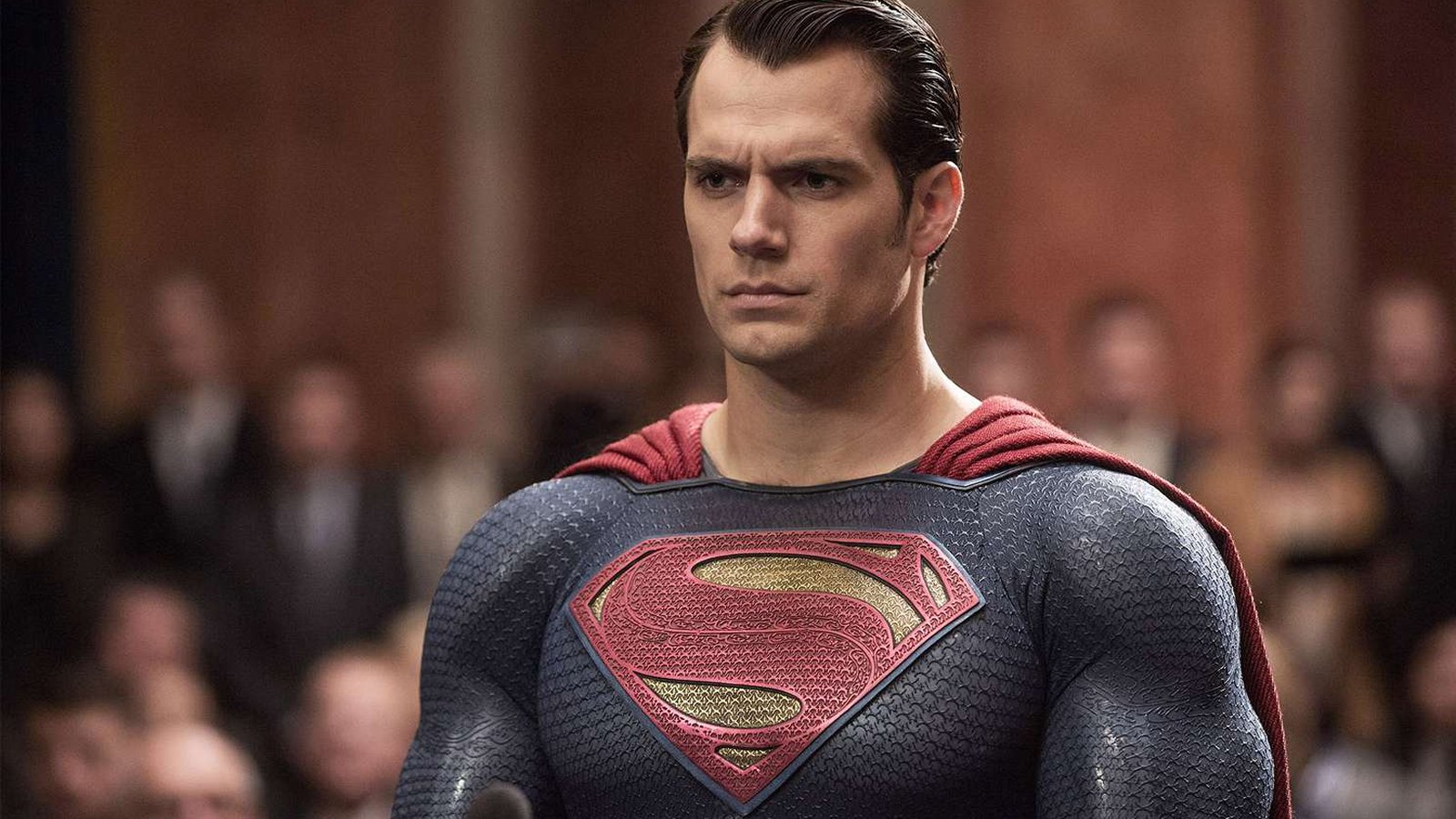

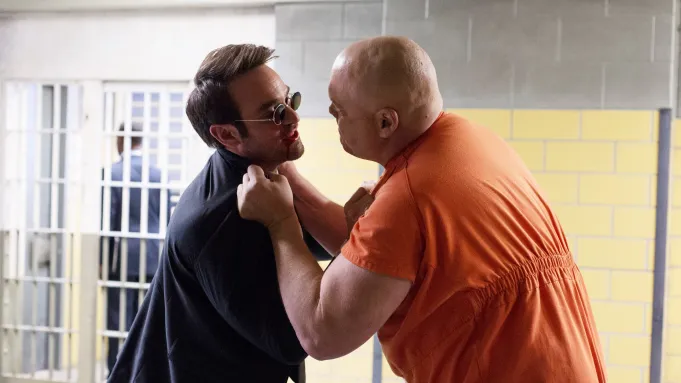








Comments
Want to join the discussion? Please activate your account first.
Visit Reedpop ID if you need to resend the confirmation email.